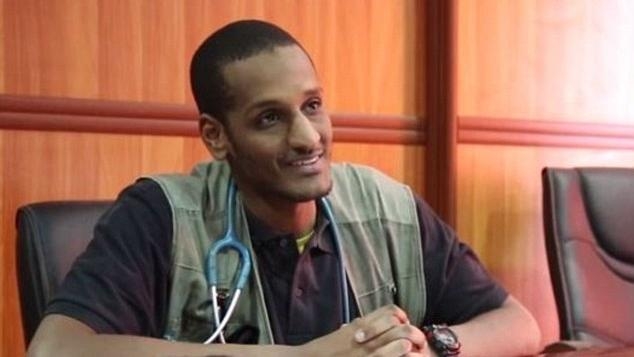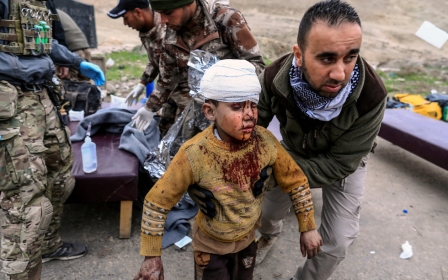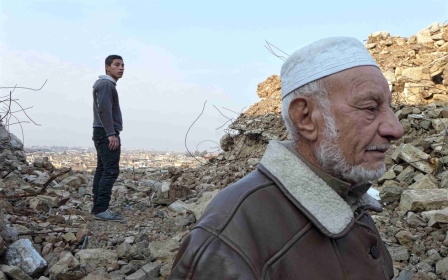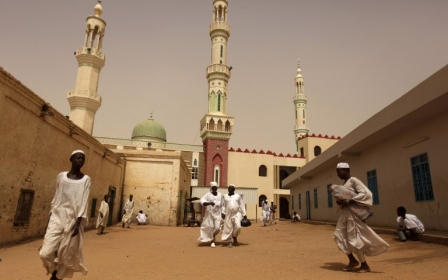British student medics killed fighting for IS in Iraq

Security sources have confirmed that two British medical students who left their university in Sudan to join the Islamic State group have been killed in Iraq, the Times reported on Thursday.
Ahmed Sami Khider, in his mid-20s from south London, and Hisham Fadlallah, age unknown, from Nottinghamshire, were part of a group of nine medical students who travelled via Turkey to join the militant group in March 2015.
Khider, who appeared in an IS propaganda video urging other medics to travel to the war zone, was in a convoy trying to leave Mosul when it was hit by gunfire, the BBC reported. It was unclear whether he and Fadlallah were killed during clashes with Iraqi forces, or were shot by IS for attempting to desert.
Khider and Fadlallah are among more than 20 students to have joined IS after studying at the University of Medical Sciences and Technology in Sudan. At least 14 are believed to be Britons, many of them the children of British-Sudanese doctors. Tarik Hassane, 22, who was jailed last year for an Isis-funded drive-by shooting plot in London, also studied there.
Khider, the son of a doctor, was privately educated at Whitgift School in Croydon before graduating in medicine at the university in Khartoum in July 2014. The following year he left the country to join IS, said the Times. He appeared in an IS propaganda video in June 2015, telling doctors that it was their duty as Muslims to join him.
Others in the group of Khartoum medical students have also died in the war zone. They include Rowan Kamal Zine El-Abidine, a 22-year-old dentistry student, who was killed in a drone strike.
At least 850 Britons have travelled to Syria and Iraq to fight for IS, with at least half believed to have returned.
Middle East Eye propose une couverture et une analyse indépendantes et incomparables du Moyen-Orient, de l’Afrique du Nord et d’autres régions du monde. Pour en savoir plus sur la reprise de ce contenu et les frais qui s’appliquent, veuillez remplir ce formulaire [en anglais]. Pour en savoir plus sur MEE, cliquez ici [en anglais].




